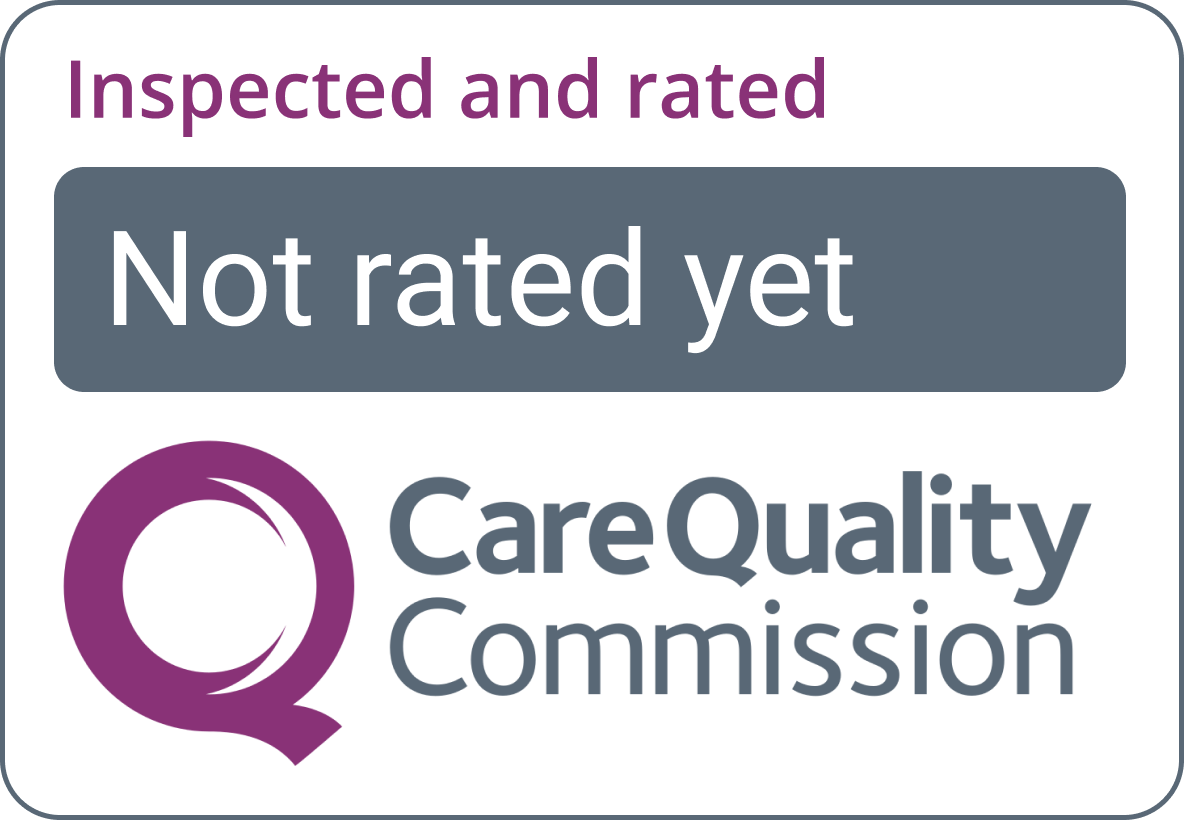Service updates
Update to Progesterone Guidelines - 30 January 2023 (for GPs)
Due to increased requests from our services users we have updated our guidelines for Progesterone prescription. Visit our information page for GPs, to access these guidelines.
